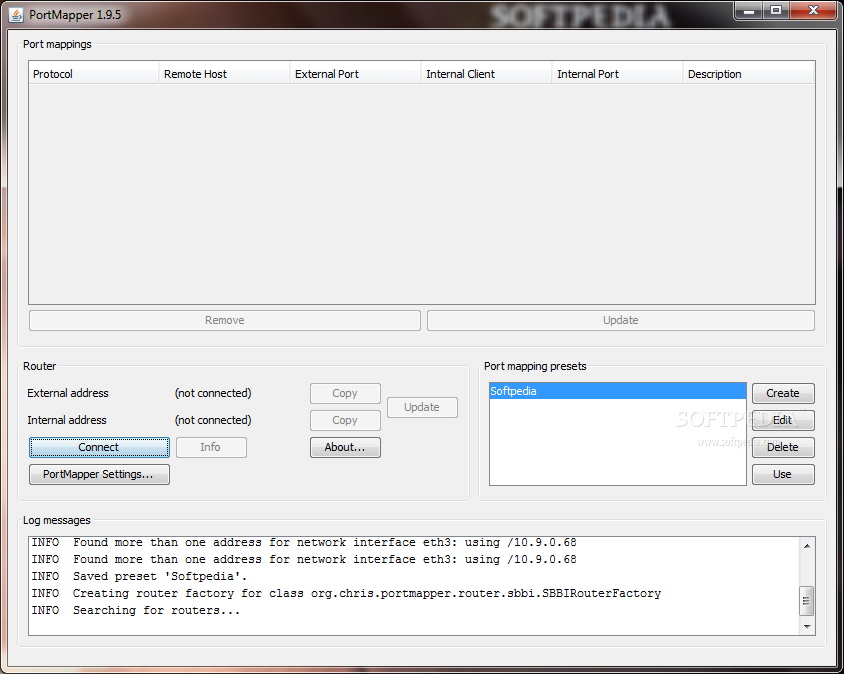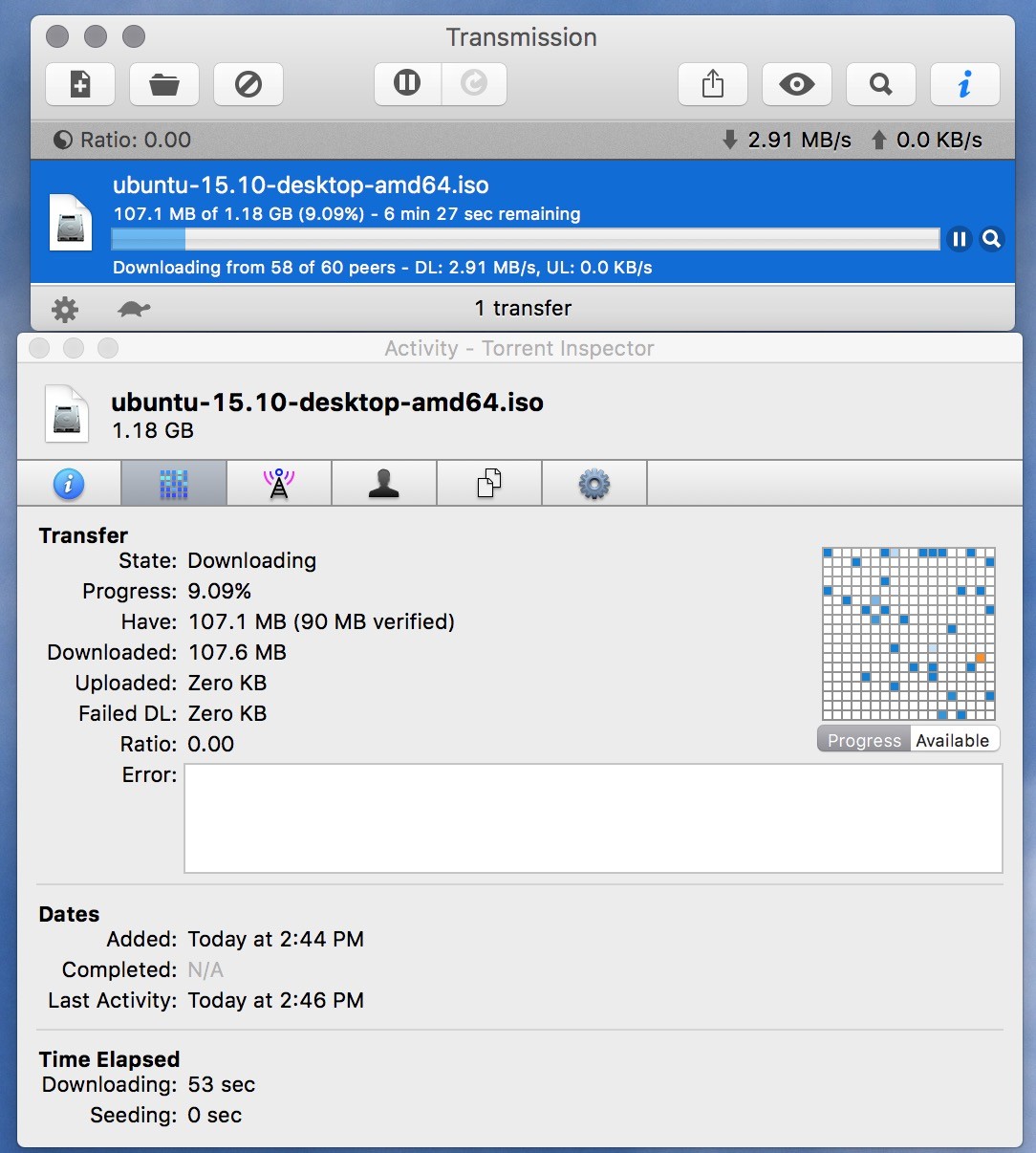
I'm using Git (and GitHub) on a daily basis and everything has been working fine and all of a sudden, I can no longer communicate with my remote GitHub repository through my Git commands. When I try to 'Git pull', it gives the following error: fatal: unable to access ': error:1407742E:SSL routines:SSL23GETSERVERHELLO:tlsv1 alert protocol version So, I tested across multiple repositories, and I get the same errors on my computer. I had someone else interact with those same repositories, and it works fine for them. Prior to this error, I did an 'npm install sharp' on a project and that ended up failing, and I suspect this may have messed with some SSL setting, but that's a wild guess! Any general thoughts or guidance would be much appreciated! If it's helpful at all, here is my environment:.
Git version: 1.9.4.msysgit.2. Windows version: Windows 8.1. TL;DR: git config -system http.sslbackend schannel and switch off HTTPS checks for github.com in your antivirus software I'm using the Git command line on Windows 8 x64. In addition, my antivirus software checks HTTPS traffic by default. Like other people in answering this question, I use GitHub almost daily. A quick solution would be git config -global http.sslVerify true, but it is not recommended as it defeats the purpose using SSL. A second and better way is to use ssh keys rather than an SSL URL.


Testing 1.9.5 Client For Mac
Steps to generate SSH keys o Run the following command in a Git terminal (Git Bash): ssh-keygen After running the command, the following message will appear: Generating public/private RSA key pair. Enter file in which to save the key (/h//.ssh/idrsa): Give the path for the key to be stored in, for example, enter the file in which to save the key (/h//.ssh/idrsa): C: Users Public my-new-ssh-key Then give the passphrase for that key (any password of minimum 8 characters). Next run the following command: eval “$(ssh-agent –s)”. Run the following command: ssh-add C:/Users/Public/my-new-ssh-key Note: use forward slash in the path to the newly created SSH key. After that, add the contents of the file my-new-ssh-key.pub and add it in the text area for Add public key (Bitbucket, GitHub, etc.).